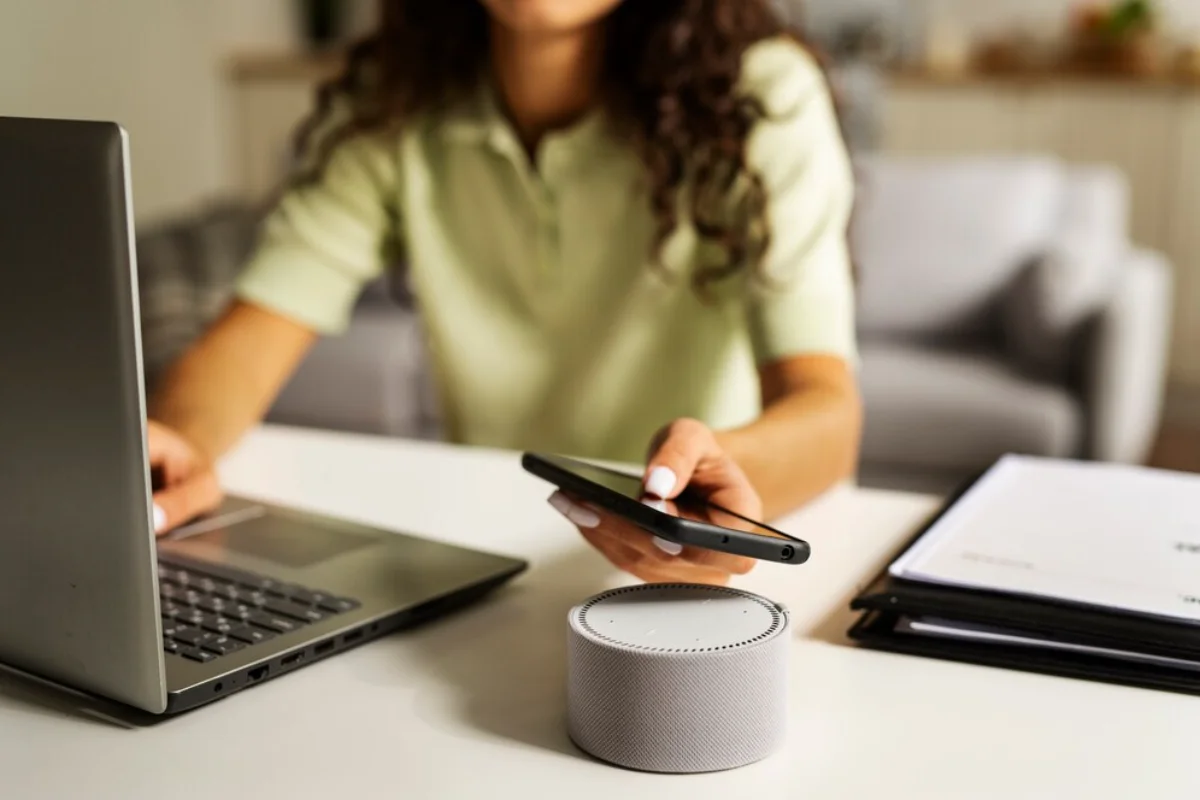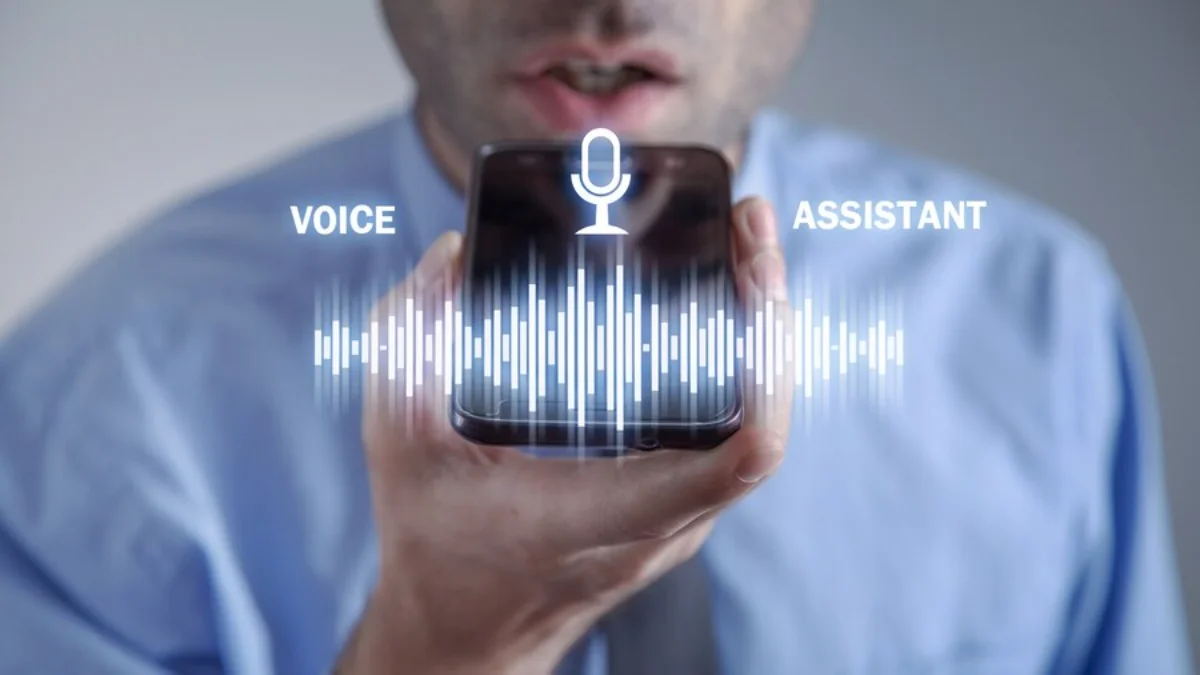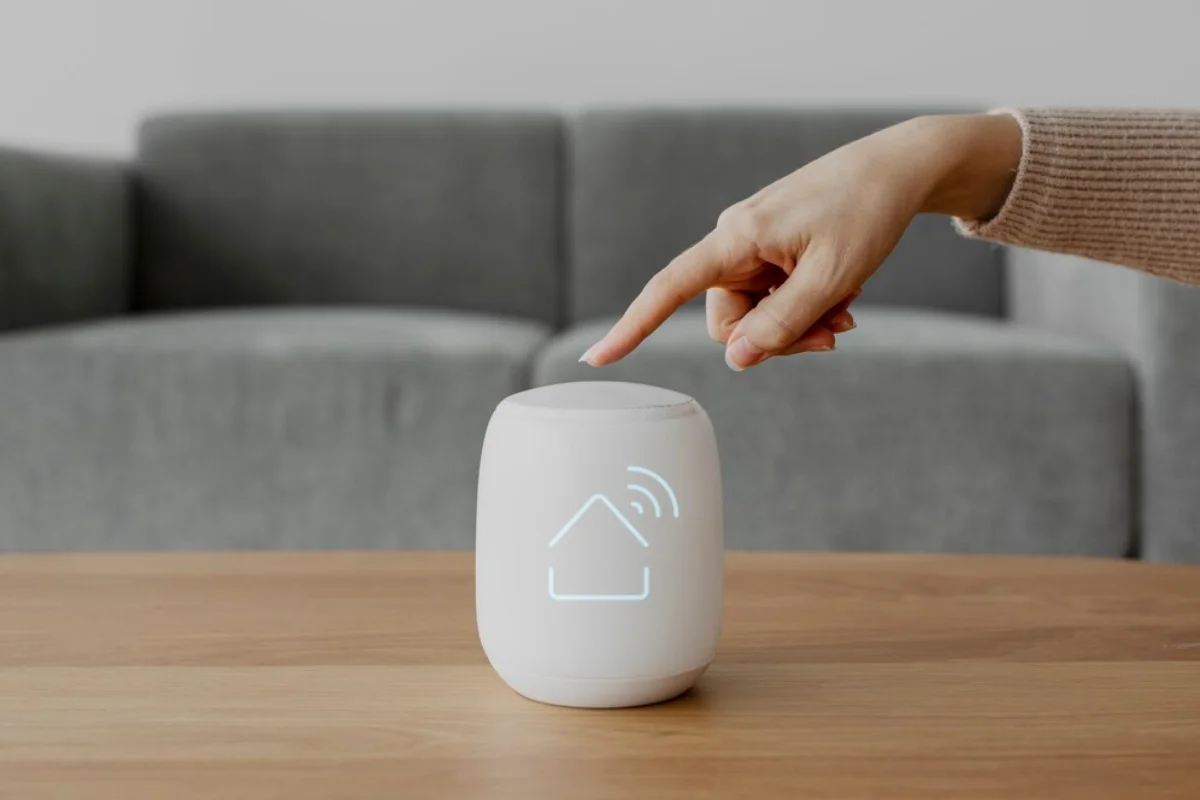The Technology Blog

How AI is Transforming Personal Assistants Like Siri & Alexa
AI personal assistants like Siri, Alexa, and Google Assistant are now a key part of our lives. They help us set reminders, play music, control smart home devices, and answer tough questions. AI personal assistants are always improving. This is due to better voice recognition and smart home automation.
AI technology is getting better. Personal assistants are now more intuitive and personalised. They can also understand human speech more accurately. But how exactly is AI transforming voice assistants, and what does the future hold for AI-powered virtual assistants?
This article looks at how AI personal assistants have changed over time. It explains how voice recognition AI functions, the impact of smart home automation, and the future advancements we can anticipate.

The Evolution of AI Personal Assistants
AI-driven virtual assistants have come a long way since their introduction. Voice commands and smart AI interactions are improving each year.
1. The Early Days of Voice Assistants
The first AI-powered personal assistants were basic voice-controlled tools that performed simple tasks like: Setting alarms and reminders Sending text messages Answering basic general knowledge questions
However, these assistants had limited conversational abilities and often misunderstood natural human speech.
2. Advancements in Natural Language Processing (NLP)
The introduction of advanced Natural Language Processing (NLP) allowed assistants to:
- Understand context rather than just specific keywords
- Recognise different accents and speech patterns
- Engage in more natural conversations
Apple’s Siri now uses machine learning models to provide more accurate and personalised responses.
3. Integration with Smart Home Automation
One of the biggest breakthroughs in AI personal assistants is their ability to control smart home devices.
- Alexa and Google Assistant can manage lights, thermostats, and security cameras.
- Voice recognition AI enables hands-free smart home control.
- AI assistants learn user preferences to offer automated suggestions.
Amazon Alexa can automatically adjust smart thermostats based on user schedules.

How Voice Recognition AI Works
AI personal assistants are built on voice recognition AI. This technology helps them understand and respond to human speech. Here’s how it works:
1. Speech-to-Text Conversion
AI first converts spoken words into digital text using Automatic Speech Recognition (ASR).
2. Natural Language Understanding (NLU)
The AI then interprets the text, recognising commands, questions, and intent.
3. AI Processing & Response Generation
AI uses machine learning and context awareness to generate the best response.
4. Text-to-Speech (TTS) Synthesis
Finally, AI converts the response back into speech using voice synthesis technology.
Google Assistant now uses Duplex AI. This voice recognition system can book appointments and chat with users.

Smart Home Automation & AI Personal Assistants
1. Voice-Controlled Home Devices
AI-powered assistants are key to smart home automation. They let users:
- Turn lights on and off with voice commands.
- Adjust room temperatures using smart thermostats.
- Lock and unlock doors from anywhere.
Google Assistant can sync with Philips Hue smart lights, allowing users to control lighting just by speaking.
2. AI in Home Security Systems
Voice assistants are part of AI security systems. They allow for:
- Voice-activated alarms and cameras
- Alerts for unusual activity in real-time
- Automated emergency responses from AI analysis
Amazon Ring allows users to control security cameras through Alexa voice commands.
3. AI-Powered Home Entertainment
AI personal assistants boost home entertainment by:
- Suggesting TV shows and movies based on your tastes.
- Controlling music from Spotify, Apple Music, and Amazon Music.
- Providing hands-free gaming on smart TVs.
Apple HomePod with Siri can create personalised playlists based on the user’s listening habits.
Benefits of AI Personal Assistants
1. Increased Convenience & Productivity
AI personal assistants streamline everyday tasks, saving time and effort.
2. Enhanced Personalisation
AI learns user habits and preferences, offering tailored recommendations.
3. Improved Accessibility
Voice assistants help individuals with disabilities or mobility challenges control devices hands-free.
4. Smart Home Energy Efficiency
AI optimises smart home systems, reducing energy waste and lowering utility bills.
Challenges of AI-Powered Virtual Assistants
While AI personal assistants offer many advantages, there are some challenges and concerns:
1. Privacy & Data Security
AI assistants record and store voice data, raising concerns over:
Who has access to the data?
How is user information used?
Solution: Companies are improving data encryption and privacy controls, allowing users to manage their AI data.
2. Voice Recognition Accuracy
While AI has improved significantly, challenges remain in:
Understanding different accents and dialects
Recognising speech in noisy environments
Solution: Ongoing improvements in AI deep learning models are enhancing accuracy.
3. AI Dependence & Over-Reliance
Excessive reliance on AI personal assistants could reduce human problem-solving skills.
Solution: Users should balance AI assistance with traditional decision-making.
The Future of AI-Powered Personal Assistants
Looking ahead, voice recognition AI and smart home automation will continue evolving. Here are some upcoming trends:
1. Hyper-Personalised AI Assistants
AI will understand emotions and tone, enabling more natural conversations.
Amazon Alexa is testing emotion detection AI, allowing it to respond differently based on user mood.
2. AI-Powered Multilingual Assistants
Future AI assistants will seamlessly switch between multiple languages during conversations.
Google Assistant already supports bilingual conversations.
3. AI in Healthcare & Wellness
AI-powered assistants will provide real-time health monitoring and mental wellness support.
Apple’s Siri is integrating AI-driven health reminders to support fitness goals.
4. AI & Augmented Reality (AR) Integration
AI-powered voice assistants will integrate with AR smart glasses for hands-free interaction.
Google’s upcoming AR-powered AI assistant will allow users to interact with digital overlays in the real world.
The Future of AI Personal Assistants: Smarter, More Intuitive, and More Secure
AI-powered virtual assistants like Siri, Alexa, and Google Assistant have transformed the way we interact with technology. Thanks to advancements in voice recognition AI and smart home automation, these assistants are becoming more intuitive, intelligent, and efficient.
While challenges like privacy concerns and AI dependence remain, the future of AI personal assistants looks promising. With ongoing improvements in AI learning, emotion detection, and personalisation, AI assistants will become even more indispensable in our daily lives.
As we move towards a world where AI is seamlessly integrated into every aspect of life, AI personal assistants will play a crucial role in shaping smarter, more connected homes and cities.









